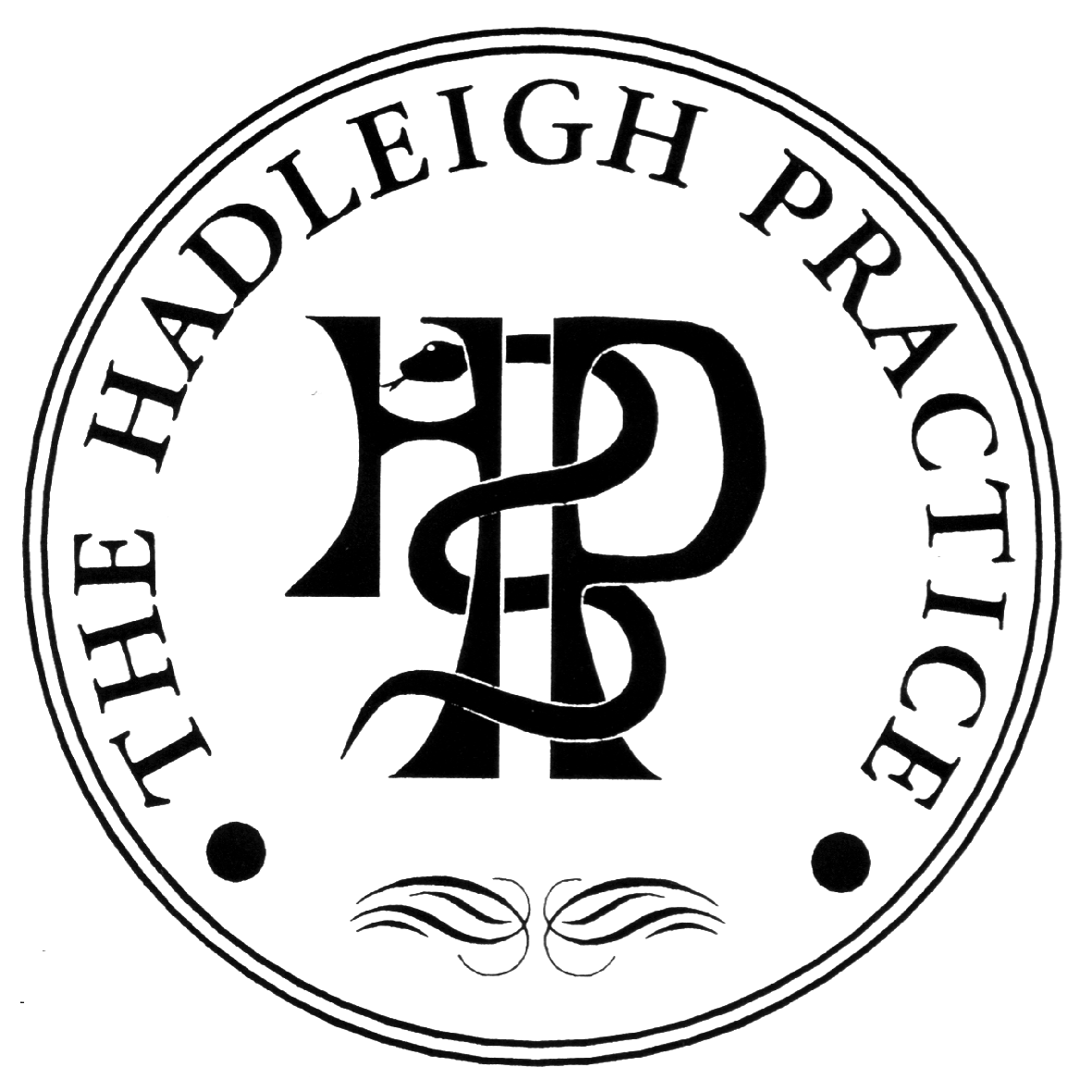We use cookies to help provide you with the best possible online experience.
By using this site, you agree that we may store and access cookies on your device. Cookie policy.
Cookie settings.
Functional Cookies
Functional Cookies are enabled by default at all times so that we can save your preferences for cookie settings and ensure site works and delivers best experience.
3rd Party Cookies
This website uses Google Analytics to collect anonymous information such as the number of visitors to the site, and the most popular pages.
Keeping this cookie enabled helps us to improve our website.
The Dissident D
Vitamins are defined as organic compounds, essential for normal growth and nutrition, that are required in small quantities in the diet because they cannot be synthesized in the body. Vitamin D is therefore a rule-breaker…
We can derive small amounts from our diet (oily fish, red meat, and egg yolks are good sources) but vitamin D is primarily obtained through the conversion of a cholesterol derivative in the skin under the influence of UV light exposure.
This poses a problem in the UK where sun-exposure is, on average, insufficient through the 6 darker months of the year for adequate vitamin D synthesis. The Department of Health and Social Care therefore recommend that we all take a daily vitamin D supplement (10mcg or 400 units) from September to March to prevent deficiency. These supplements are not prescribed but are readily available from supermarkets and pharmacies. Some people have higher vitamin D requirements (children under 4, pregnant or breast-feeding women, those with certain gut problems) and others are less able to synthesize it (those who get little sun exposure or have darker skin tones). These groups are advised to take a vitamin D supplement year-round.
Vitamin D is integral to the body’s handling of calcium and phosphate and therefore plays a central role in keeping bones and teeth healthy. It also enhances control and function of the immune system and is important for maintenance of muscle strength. Common symptoms of deficiency include aching muscles and bones, general tiredness and increased susceptibility to infections. Deficiency is also associated with a worsening of conditions such as eczema and asthma where you might consider the immune system to be ‘playing up’.
So, vitamin D breaks the rules with its skin-based synthesis, but it helps keep other misbehaving body systems in check and is nonetheless essential. It needs particular thought as the sun sets on summer.
Dr Chris Humphrey
Published: Oct 6, 2025
